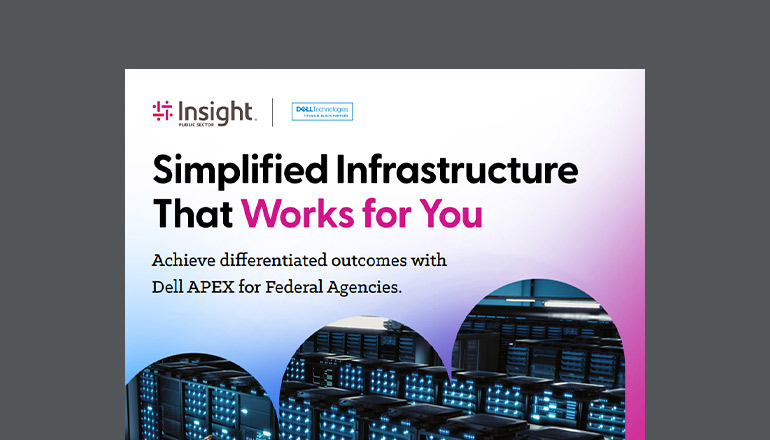Glossary What is Virtualization?
By / 2 Jan 2023 / Topics: Virtualization , Data center
Virtualization is a software-based version of technology that’s typically tied to hardware. Operating systems, storage devices, network components and entire computers can be virtualized.
This virtual version is often hosted on a data center server or provided through a computer. The host devices can then fulfill multiple duties or grant access to multiple users. An individual computer can partition its storage drive to support multiple virtualized machines that may be based on different operating systems or computer hardware platforms.
Virtualization has its roots in early computers when mainframes provided users access to IT resources through terminals. Today, virtualization is used to administer multiple applications and operating systems through a single server or support end users through Desktop as a Service (DaaS).
Benefits of virtualization include:
- Fast, simplified scale
- Enhanced endpoint security
- Lower total cost of ownership
Types of virtualization
Virtualization technology has multiple types of physical infrastructure with many different functions.
Types of virtualization include:
- Server virtualization
- Storage virtualization
- Network virtualization
- Data virtualization
- Application virtualization
- Desktop virtualization
These technologies provide services such as partitioning of physical servers into multiple virtual servers, creating unified virtual storage units, centralizing network resources, integrating data, and running applications and multiple desktop operating systems. These functions offer users a variety of virtual resources within their virtual environment.
Different types of virtualization technology permit flexible interactions with hardware resources and provide access to unique benefits. These benefits range from resource optimization to flexible data analysis. Overall, these computing services simplify management, increase compatibility, and improve network performance — all while reducing hardware costs.
Virtualization vs. containerization
Containerization simplifies deployment of application code by packaging it into a container that can run on both physical and virtual environments. This approach is a form of virtualization that allows applications to run independently across virtual environments without changing.
In contrast to virtualization, which creates a virtual environment across software and hardware, containerization can transport application code across these environments. This offers improved flexibility without having to develop a virtual environment to run the application.
Virtualization vs. cloud computing
Cloud computing uses computing resources without managing physical data centers. Cloud providers typically offer cloud computing services as a pay-as-you-go model. This helps businesses leverage services such as computing power, storage and data efficiently.
Virtualization plays a crucial role in cloud computing by allowing cloud providers to create virtual environments within their data centers. These virtual environments use physical hardware resources which allow users to access them through systems programming. By using virtualization technology, businesses can simplify their infrastructure management.




